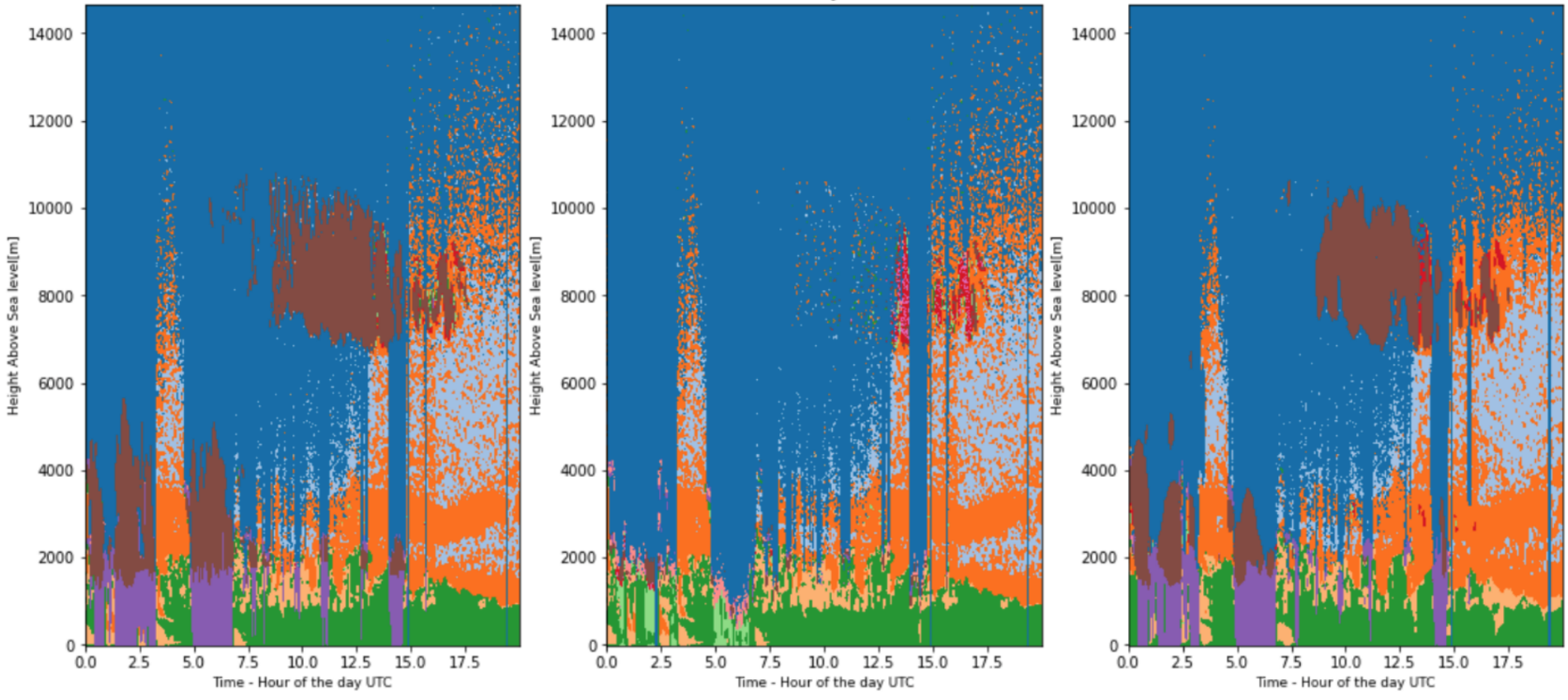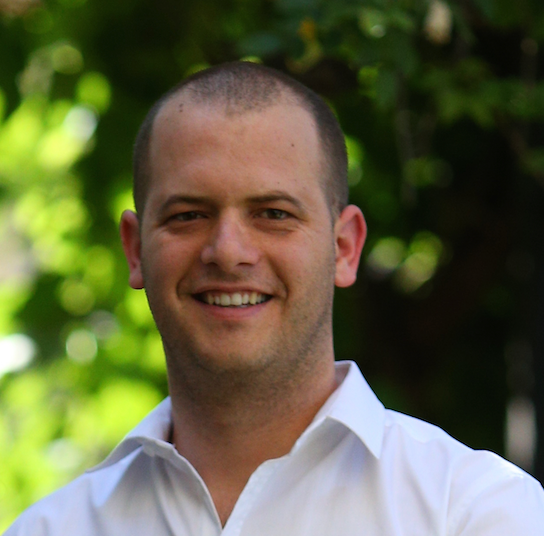The M.Sc. program in Machine Learning & Data Science at the Efi Arazi School of Computer Science aims to provide a deep theoretical understanding of machine learning and data-driven methods as well as a strong proficiency in using these methods. As part of this unique program, students with solid exact science backgrounds, but not necessarily computer science backgrounds, are trained to become data scientists. Headed by Prof. Zohar Yakhini and PhD Candidate Ben Galili, this program provides students with the opportunity to become skilled and knowledgeable data scientists by preparing them with fundamental theoretical and mathematical understandings, as well as endowing them with scientific and technical skills necessary to be creative and effective in these fields. The program offers courses in statistics and data analysis, different levels of machine -learning courses as well as unique electives such as a course in recommendation systems and on DNA and sequencing technologies.

In recent years, data science methodologies have become a foundational language and a main development tool for science and industry. Machine learning and data-driven methods have developed considerably and now penetrate almost all areas of modern life. The vision of a data-driven world presents many exciting challenges to data experts in diverse fields of application, such as medical science, life science, social science, environmental science, finance, economics, business.
Graduates of the program are successful in becoming data scientists in Israeli hi-tech companies. Lior Zeida Cohen, a graduate of the program says “After earning a BA degree in Aerospace Engineering from the Technion and working as an engineer and later leading a control systems development team, I sought out a graduate degree program that would allow me to delve deeply into the fields of Data Science and Machine Learning while also allowing me to continue working full-time. I chose to pursue the ML & Data Science Program, at Reichman University. The program provided in-depth study in both the theoretical and practical aspects of ML and Data Science, including exposure to new research and developments in the field. It also emphasized the importance of learning the fundamental concepts necessary for working in these domains. In the course of completing the program, I began work at Elbit Systems as an algorithms developer in a leading R&D group focusing on AI and Computer Vision. The program has greatly contributed to my success in this position".
As a part of the curriculum, the students execute collaborative research projects with both external and internal collaborators, in Israel and around the world; One active collaboration is with the Leibniz Institute for Tropospheric Research (TROPOS) in Leipzig, Germany. In this collaboration, the students, led by Prof. Zohar Yakhini and Dr. Shay Ben-Elazar, a Principal Data Science and Engineering Manager at Microsoft Israel, as well as Dr. Johannes Bühl from TROPOS, are using data science and machine learning tools in order to infer properties of stratospheric layers by using data from sensory devices. The models developed in the project provide inference from simple devices that achieves an accuracy which is close to that which is obtained through much more expensive measurements. This improvement is enabled through the use of neural network models (deep learning).

Additional collaborations include a number of projects with Israeli hospitals such as Sheba Tel Hashomer, Beilinson Hospital, and Kaplan Medical Center, as well as with the Israel Nature and Parks Authority and with several hi-tech companies.

Several research and thesis projects are led by students in the program addressing data analysis questions related to spatial biology – the study of molecular biology processes in their bigger location context. One project, led by student Guy Attia and supervised by Dr. Leon Anavy addressed imputation methods for spatial transcriptomics data. A second one, led by student Efi Herbst, aims to expand the inference scope of data from spatial transcriptomics, into molecular properties that are not directly measured by the technology device.
According to Maya Kerem, a recent graduate, “the MA program taught me a number of skills that would enable me to easily integrate into a new company based on the knowledge I gained. I believe that this program is particularly unique because it always makes sure that the learnings are applied to industry-related problems at the end of each module. This is a hands-on program at Reichman University, which is what drew me to enroll in this MA program”.
This article was written in cooperation with Reichman University
